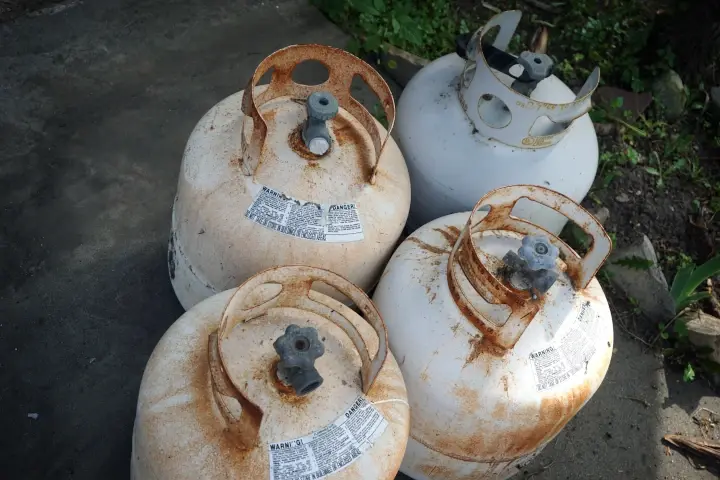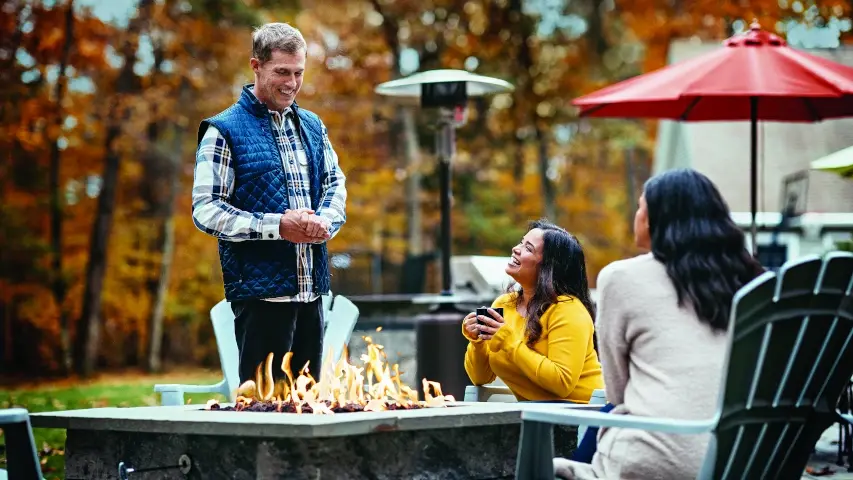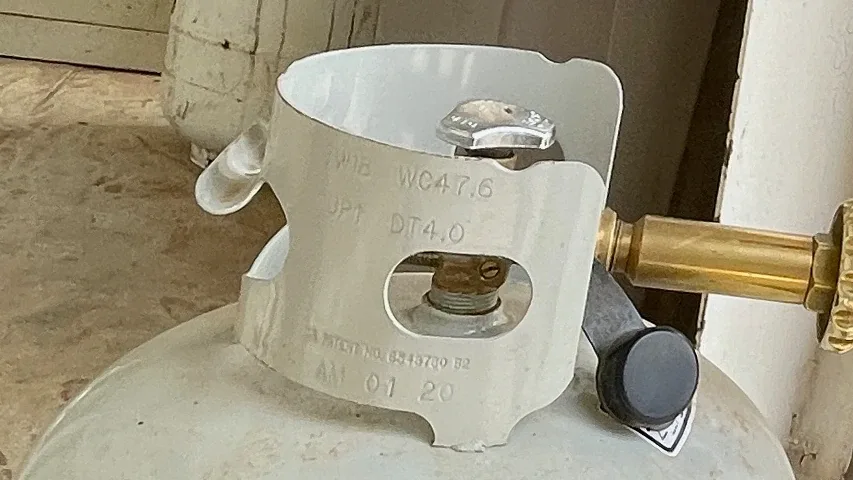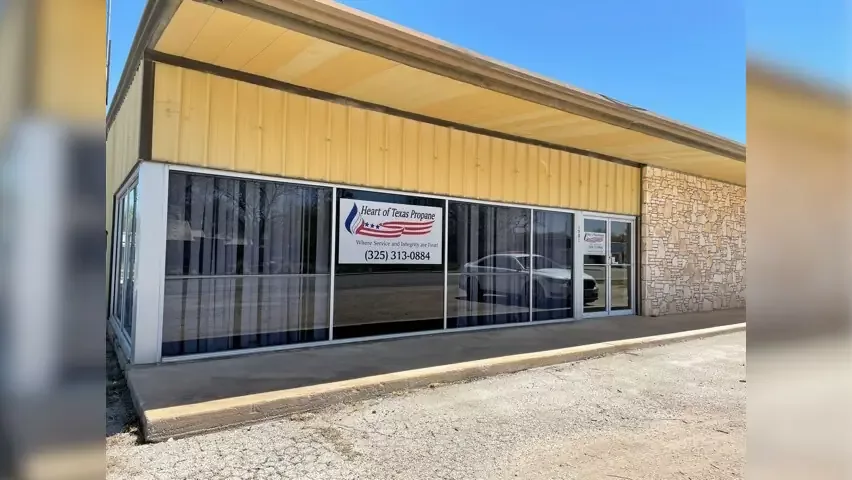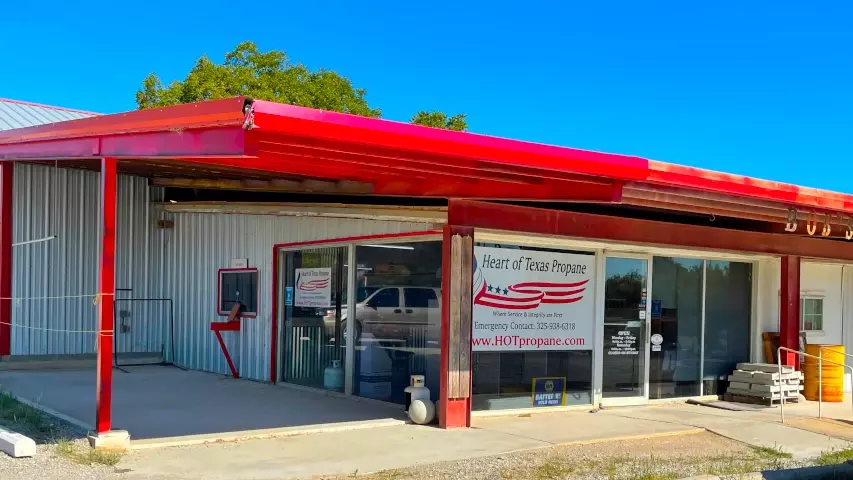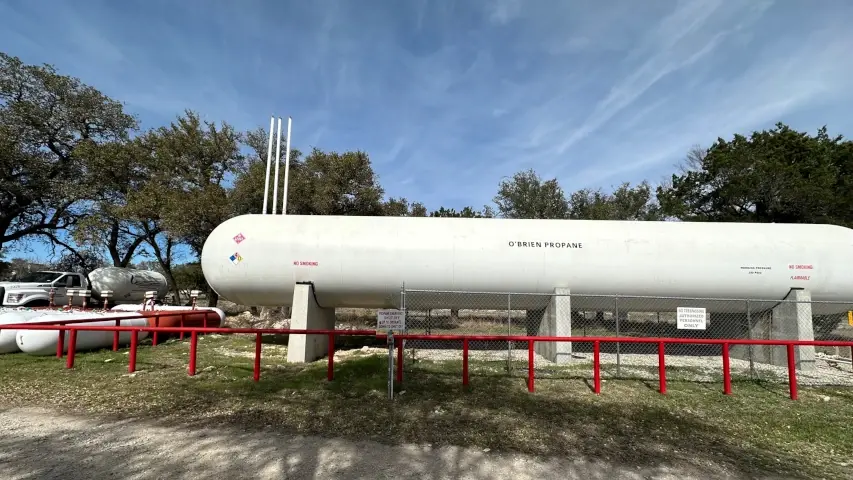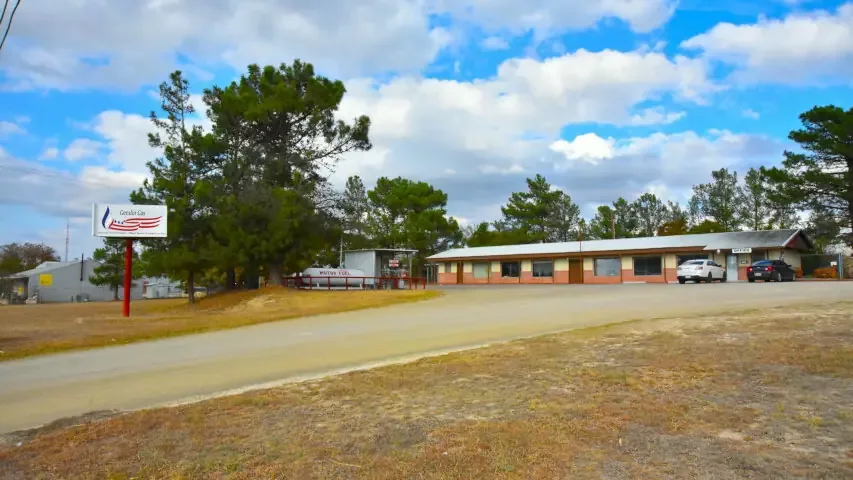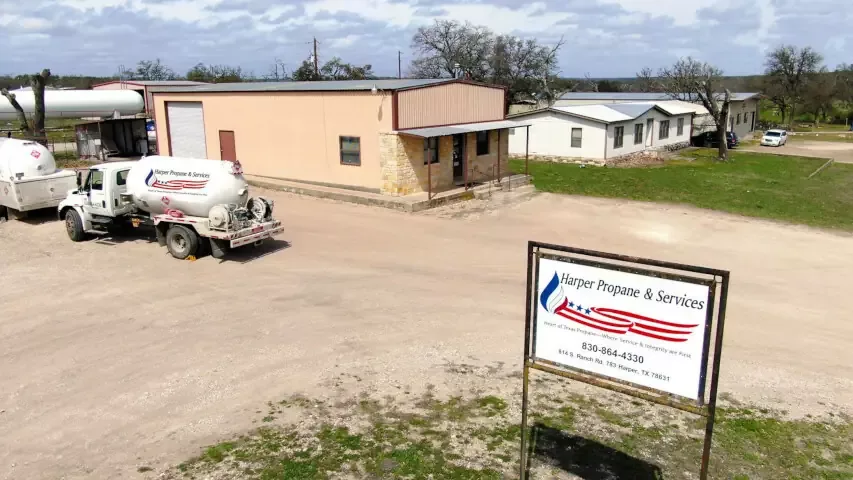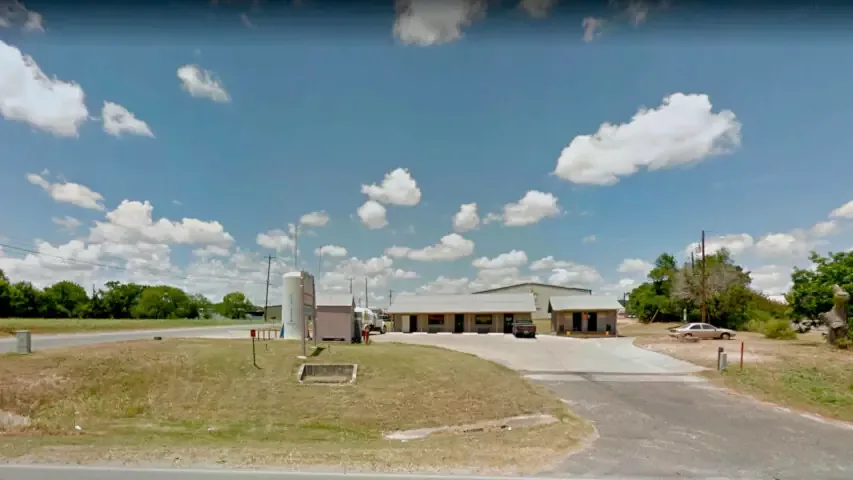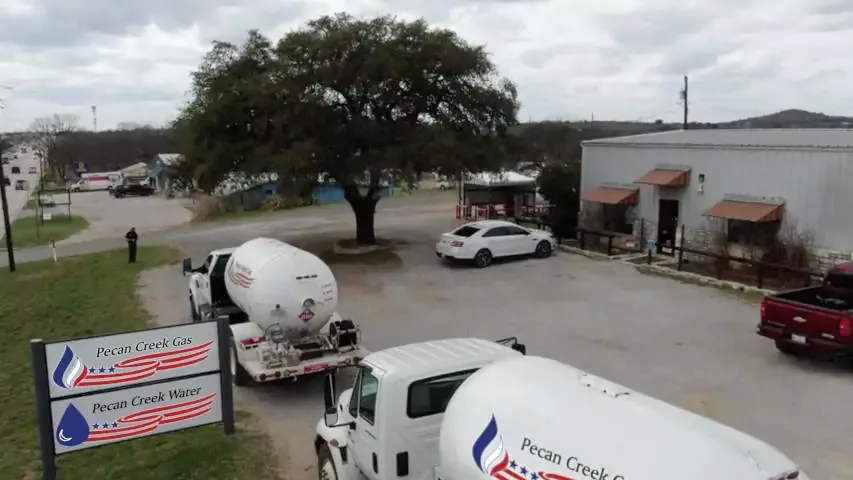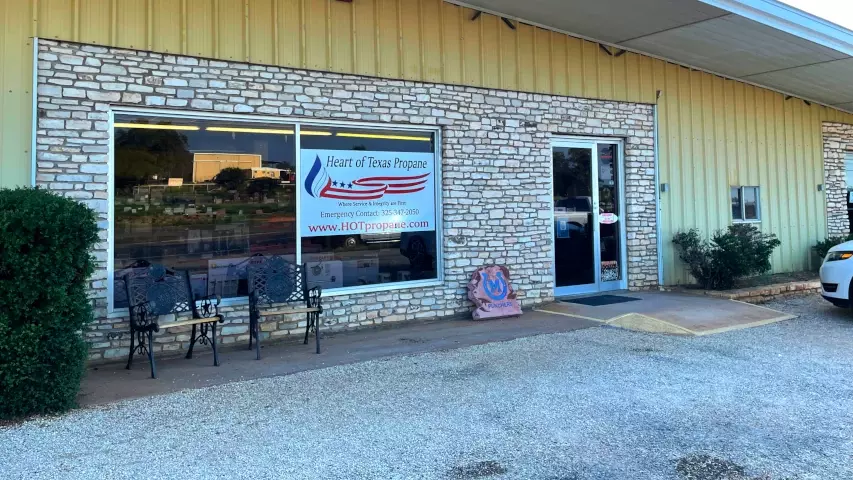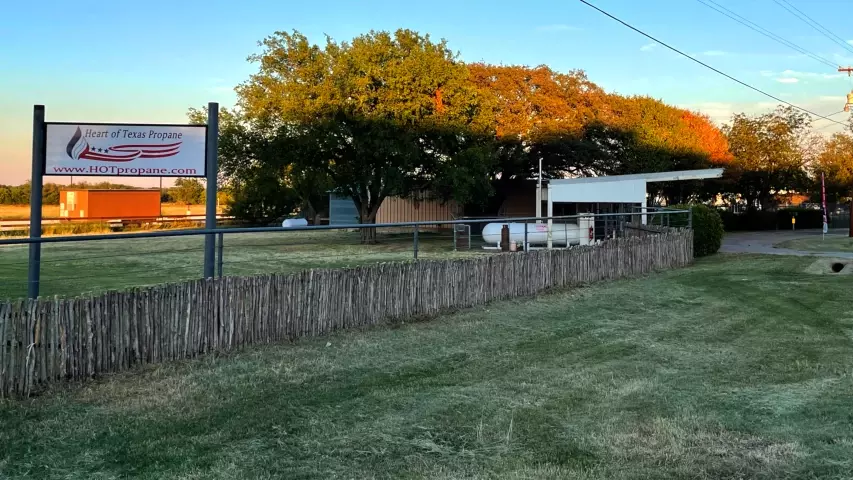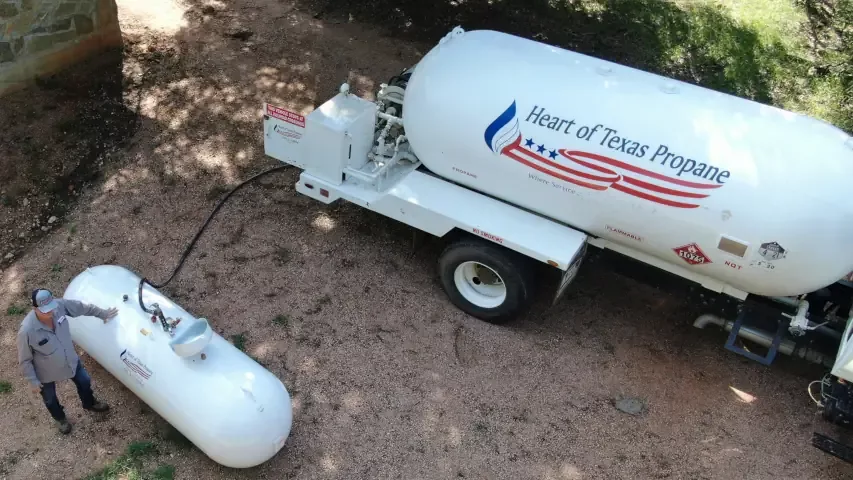Top Tips for Safe Use of Outdoor Propane Appliances in the Fall
As the crisp air of fall rolls in, many of us head outdoors to enjoy the beauty of the season, and nothing enhances that experience like the cozy warmth of propane fire pits, heaters, or a perfectly grilled meal. But before you fire up any propane-powered appliance, it’s crucial to keep safety top of mind.
Whether you’re prepping your grill for football tailgates, gathering around a fire pit with friends, or relying on outdoor heaters to extend your patio season, this guide will offer essential tips for safely using propane appliances as temperatures drop.
Inspect Your Propane Appliances Regularly
One of the most important steps you can take for outdoor propane appliance safety is routine inspection. Over time, hoses, tanks, and connections can wear out or become damaged, which increases the risk of gas leaks.
- Check for Cracks or Leaks: Before turning on any propane appliance, visually inspect hoses and connections for any signs of wear and tear, such as cracks or corrosion.
- Perform a Leak Test: Use a simple soap and water solution to check for leaks around the connection points. If bubbles form, you likely have a leak, and the appliance should not be used until it's repaired.
- Tank Maintenance: Propane tanks should be inspected for dents, rust, or other damage. If your tank looks questionable, swap it out for a new one to avoid potential hazards.
Regular maintenance is key, especially when transitioning from the heat of summer into the cooler fall months. Don’t skip this step!
Keep Propane Appliances in Well-Ventilated Areas
With cooler weather, it might be tempting to move your propane appliances into more sheltered areas, but it’s essential to always operate them in well-ventilated spaces.
- Grilling Safety: Never grill in an enclosed space such as a garage, covered patio, or under low-hanging branches. Grilling requires proper airflow to prevent the buildup of harmful gases, including carbon monoxide.
- Heaters and Fire Pits: Similarly, propane heaters and fire pits should only be used in open outdoor areas. Carbon monoxide poisoning can occur when propane appliances are used in poorly ventilated spaces, so be mindful of where you place them.
For peace of mind, consider installing a carbon monoxide detector in nearby outdoor areas or inside your home if propane appliances are frequently used close to the house.
Proper Storage of Propane Tanks
As fall progresses and winter looms, many people put away their outdoor equipment. When storing propane tanks, it's important to follow proper safety guidelines.
- Store Tanks Upright: Always store propane tanks upright in a well-ventilated area. This reduces the risk of leaks and helps avoid overpressurization.
- Keep Away from Heat Sources: Tanks should be stored in a cool, dry area, away from heat sources and open flames. Never store propane tanks indoors, as this poses a serious fire hazard.
- Check Regulations: Some areas have specific regulations regarding propane tank storage, so familiarize yourself with local rules and guidelines to ensure compliance.
Before the temperatures drop too low, make sure to properly disconnect and store any outdoor propane appliances to keep them in good working condition for next season.
Use Outdoor Heaters and Fire Pits with Caution
Outdoor propane heaters and fire pits are excellent for extending your time outside in the fall, but they also come with their own safety considerations.
- Maintain Safe Distances: Always keep heaters and fire pits away from flammable materials, such as wooden decks, furniture, or dry leaves. Make sure there is enough space around the appliance for airflow and safety.
- Watch for Wind: On windy days, flames from propane fire pits and heaters can become unpredictable, posing a fire risk. Be sure to monitor weather conditions before using these appliances, and never leave them unattended.
- Shut Down Properly: After use, ensure the gas is turned off both at the appliance and the propane tank. Allow the unit to cool down before covering or storing.
These simple precautions can make a big difference in preventing accidents and ensuring a safe, enjoyable time outdoors.
Winterize Your Propane Appliances
If you plan to store your propane appliances for the winter, it’s important to prepare them properly.
- Disconnect Tanks: Start by disconnecting propane tanks from appliances like grills, heaters, and fire pits. Make sure the tanks are stored in an upright position in a dry, ventilated area.
- Clean and Inspect: Clean your appliances thoroughly to prevent rust and buildup. Inspect them for any damage so you can address repairs before the next use.
- Cover and Protect: Use protective covers to shield your propane appliances from harsh winter weather. This will extend the life of your equipment and make spring setup a breeze.
By winterizing your appliances, you ensure they're in top shape when you're ready to fire them up again next season.
Know the Signs of a Propane Leak
No matter how careful you are, accidents can still happen. That’s why it's crucial to know the signs of a propane leak and how to respond.
- The Smell of Gas: Propane has a distinct, rotten-egg odor. If you smell gas near any propane appliance, immediately turn off the appliance and tank and move away from the area.
- Hissing Sound: If you hear a hissing sound near your tank or appliance, it could indicate a gas leak. Do not try to fix the issue yourself. Call your propane supplier or a professional for assistance.
- Evacuate if Necessary: In the event of a serious leak, evacuate the area and contact emergency services. Do not use any electrical devices or create any sparks in the vicinity, as this could trigger a fire or explosion.
Always be alert when using propane appliances and trust your instincts if something seems off.
Wrapping It All Up
As the beauty of fall encourages more time spent outdoors, it’s easy to forget the safety measures that come with using propane appliances. By taking a few simple steps—inspecting your equipment, ensuring proper ventilation, safely storing propane tanks, and winterizing your appliances—you can fully enjoy the season without any risks.
Don't let safety fall by the wayside this autumn. Following these tips will ensure your outdoor propane experience remains enjoyable and, most importantly, safe.
FAQs
Can I use a propane heater inside my garage?
No, propane heaters should only be used in well-ventilated outdoor spaces. Using them in enclosed areas like a garage can lead to carbon monoxide buildup, which is dangerous.
How often should I inspect my propane grill for safety?
It’s a good idea to inspect your propane grill before every use. Look for cracks, leaks, or any signs of damage, especially after long periods of non-use.
What should I do if I suspect a propane leak?
Immediately turn off the propane supply and appliance, then move to a safe area. Call your propane supplier or emergency services for assistance.
How do I winterize my propane grill?
Disconnect the propane tank, clean the grill, inspect for damage, and cover it with a weather-resistant cover before storing it in a dry, sheltered area.
Need a Cylinder Refill?
Check out our bottle refill page for the nearest Heart of Texas Propane location.
More Fuel for Thought Blog Posts
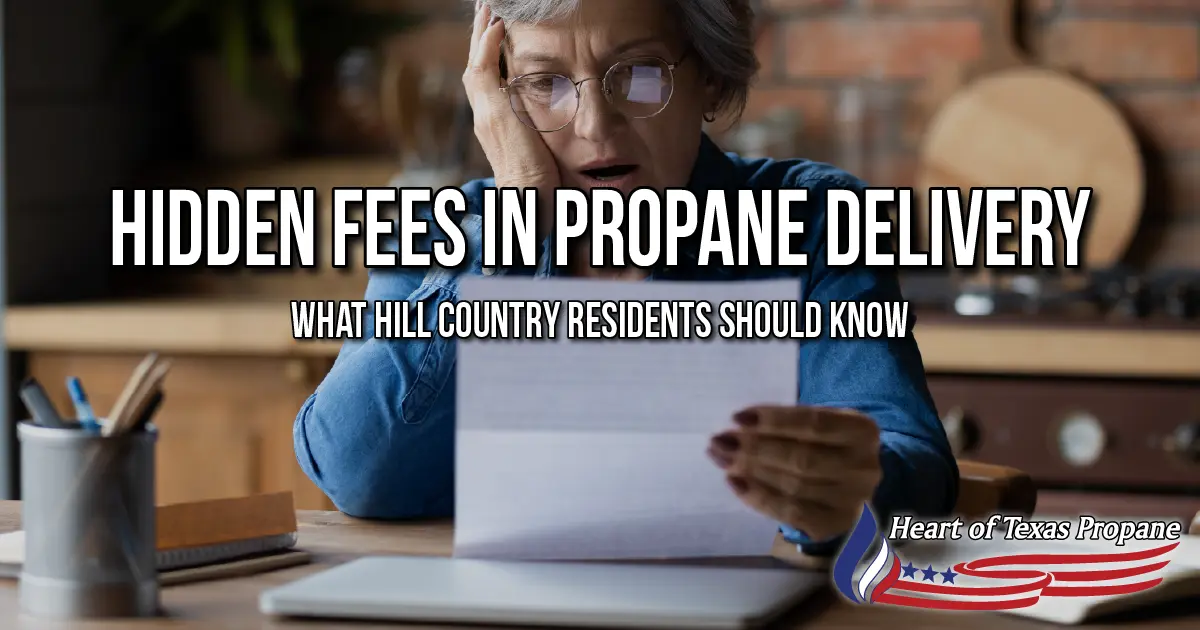
Hidden Fees in Propane Delivery
When it comes to keeping your home, ranch, or business running on propane, the price you see advertised isn’t always the price you pay.
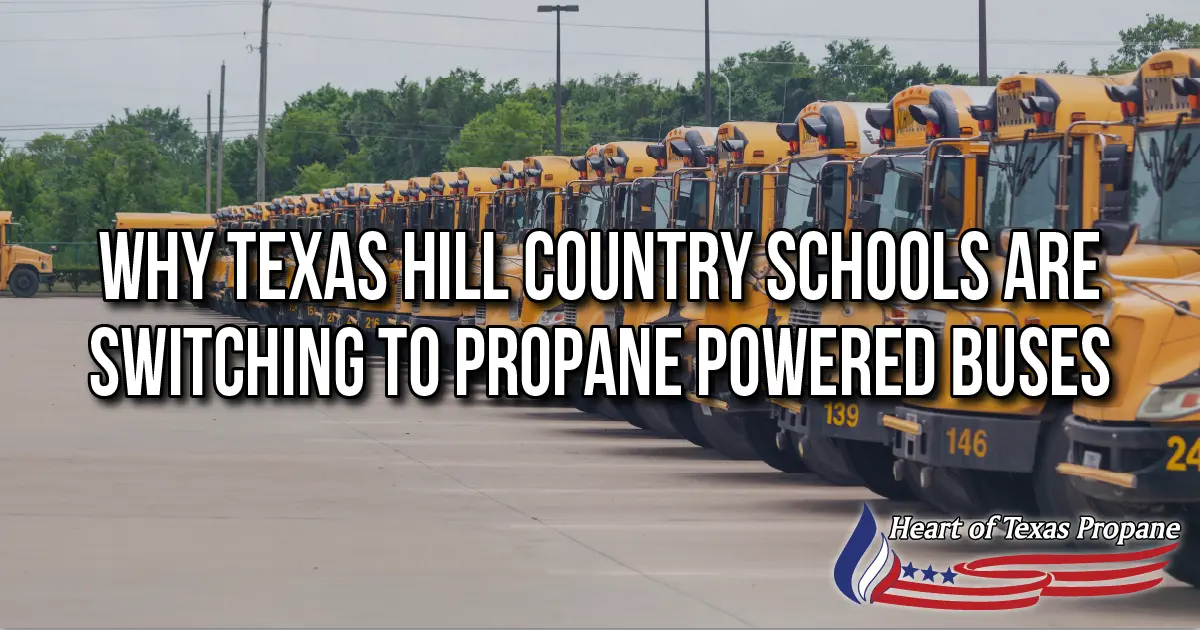
Schools Switching to Propane School Buses
Propane school buses save Texas Hill Country districts money, cut maintenance costs, and qualify for grants—making them a smart, budget-friendly choice.
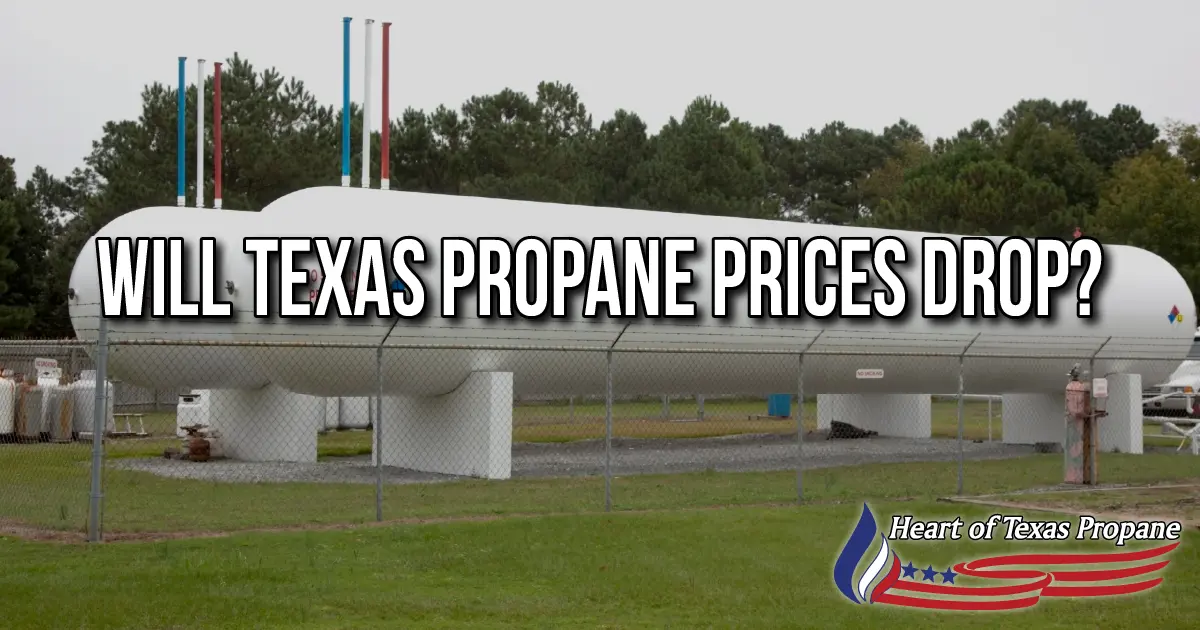
Will Texas Propane Prices Drop?
Texas propane supply is stronger than ever. Here’s what that means for prices and what Hill Country customers can do to save.
